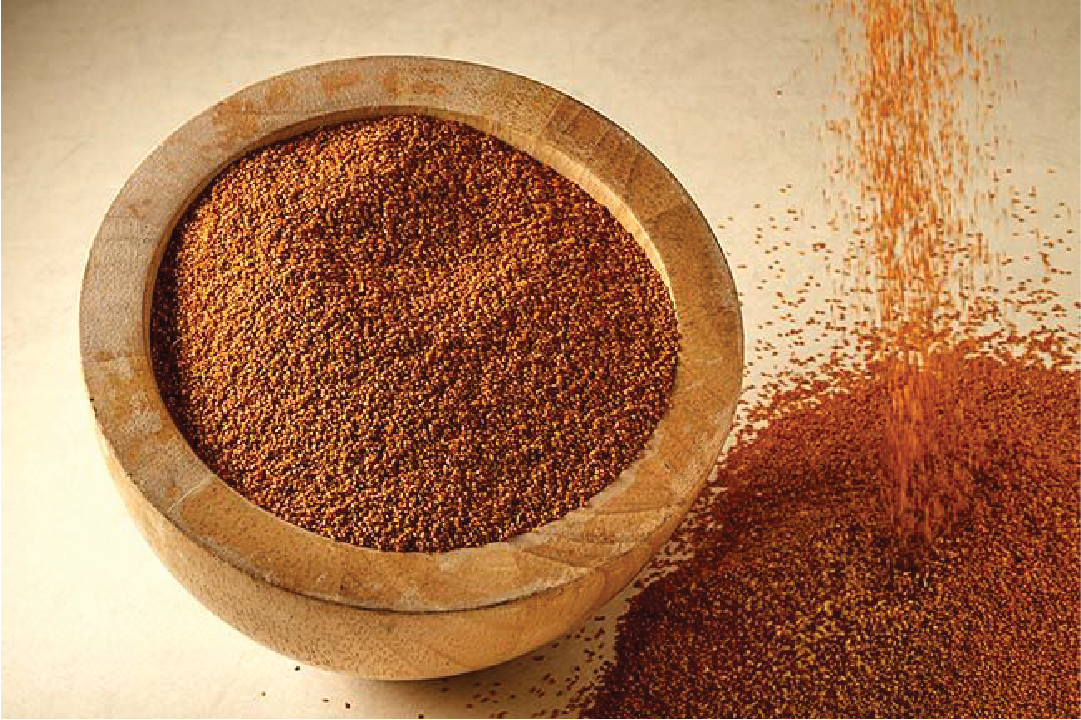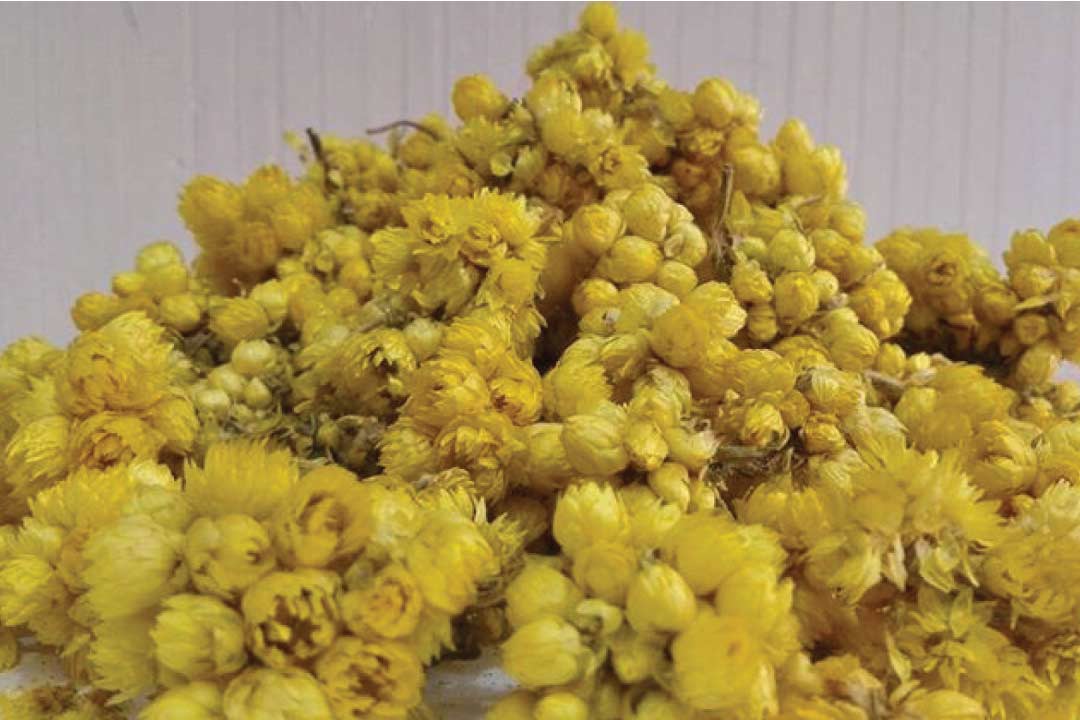valerian and valerian sweat?
Valerian is a member of the Hyacinth family, perennial plants that are widely cultivated in different areas including North America, Europe and Asia. About 200 of their species are known in Europe and Asia and are mostly cultivated for medicinal purposes. Its dried underground root has a pungent and unpleasant smell.
Valerian has a psychoactive effect. This property is due to the presence of actinidin in the extract of this plant.
This plant can grow up to more than 2 meters. This plant has white or pink flowers. Its fruits are long, four-lined and single-seeded.
Valerian sweat
Valerian sweat is hot and dry. This plant turns brown after drying. Its taste is bitter but fragrant. Its fragrance increases after drying. The medicinal effect of valerian root is three times that of dried root.
How to use valerian
- Dried powder capsules
- tea
- Herbal extract and sweat
- valerian oil
Properties of valerian sweat
- Help improve sleep
- Reduce anxiety
- Blood pressure regulation
- Decreased blood sugar in people with diabetes
- Heart and nerve stimulant
- anticonvulsant
- Antispasmodic
- sedative
- Relieve excitement and stress
- anti fever
- appetizing
- Migraine pain reliever
- Urinary regulation in diabetics
- Treatment of Parkinson’s disease
Harms of valerian sweat
- Exceeding the recommended amount increases the risk of heart attack, so never use it in excess and do not stop using it suddenly.
- It is better to avoid its use during pregnancy and breastfeeding.
- People with low blood pressure should not use this plant.
- Valerian should not be left for more than one year, in this case it loses its medicinal properties and its consumption is not useful and effective.
- Also, since excessive consumption of valerian is harmful to the kidneys, it should be taken with a ketira.






















